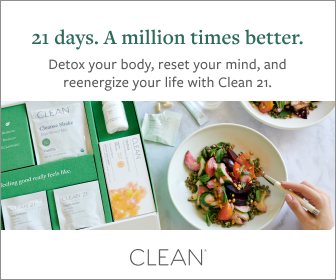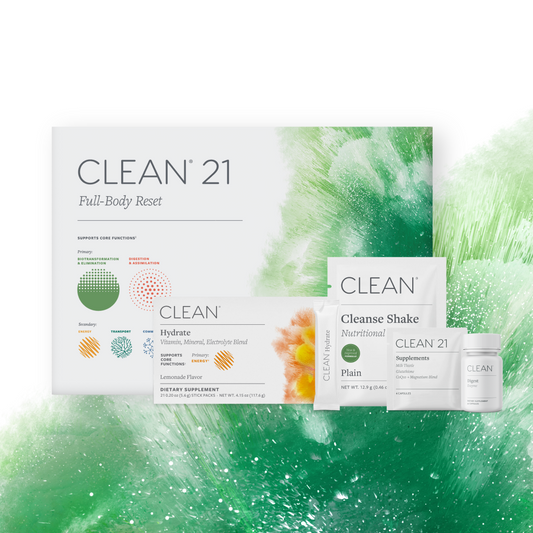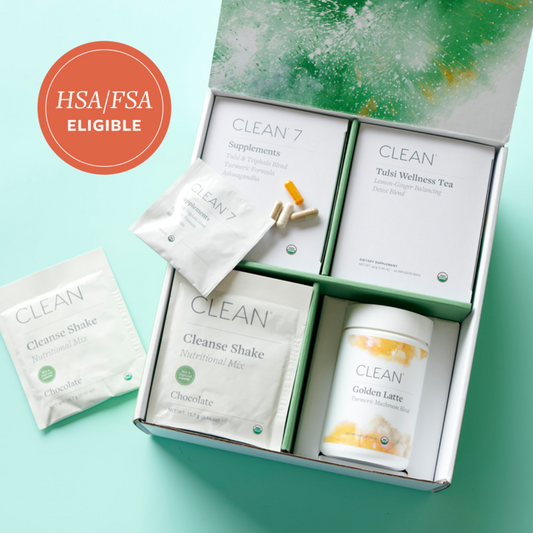
Benefits Of Beta Carotene For Skin, Hair & Overall Health
Enjoying five servings of fruits and vegetables in your diet is crucial to your overall wellness. Here’s one reason why: many fruits and veggies contain beta-carotene, a compound that readily converts to vitamin A in the body and plays a vital role in vision, internal organ function, and cell growth.
This often-overlooked provitamin is a carotenoid, or plant pigment, that gives sunset-hued fruits and veggies their striking orange color—carrots, sweet potatoes, butternut squash, and more delicious beta-carotene-rich foods. As for its effects on humans, it also works wonders as an anti-aging agent for the skin, boosting skin elasticity for a glowing, youthful look.
If this powerhouse nutrient sounds like a thing of beauty to you, you’ll want to make sure you’re consuming enough of it each day—whether that’s on your plate or through beta-carotene supplements. To help you increase your vitamin A intake even when butternut squash is out of season, we’ve included it as a key ingredient in our beauty supplement blend.

What is Beta-Carotene?
Found in leafy greens, sweet potatoes, and squash, beta carotene is the superstar of your lunch salad and an important antioxidant that can benefit a wide range of bodily systems. Your body converts this essential ingredient into the increasingly essential nutrient, vitamin A, to work its magic.
Beta carotene may prevent certain cancers and eye diseases while improving cognitive function. And though its benefits may run more than skin deep, beta carotene can be a boon to your beauty regimen, too, helping to maintain the health and appearance of your skin.
Beta-Carotene and Vitamin A for Skin Health
“A carrot a day keeps the dermatologist away” doesn’t quite have the same ring to it, but it does contain a kernel of truth. Indeed, the long list of beta-carotene skin benefits suggests that this nutrient might just be your next skincare secret weapon—if it isn’t already.
Beta carotene easily converts to vitamin A in our bodies. Vitamin A, in the form of retinol, is the key active ingredient in many anti-acne and anti-aging products. Used topically, it can stimulate collagen production, reduce wrinkles, and combat blemishes. All this while promising the softness and suppleness of youthful skin and none of the pimples.
When ingested as supplements or part of your diet, beta carotene takes on a protective role: it harnesses its antioxidant powers to hinder sun damage or UV exposure damage while promoting skin elasticity for a sustained youthful glow. A nutrient that preserves, protects, and prevents? Now that’s beautiful.

Beta-Carotene for Hair Health
The beauty-boosting potential of this antioxidant doesn’t stop at the skin. The benefits of beta carotene for hair are just as noteworthy, keeping our locks as luxe as can be. Are you noticing a few too many stray hairs on your brush or down the shower drain? Beta carotene aids in cell regrowth, which can help combat hair thinning. A tried and true overachiever, beta carotene also gets to the root of hair health, promoting the maintenance and development of your scalp skin and follicles. The result? Increased moisture and shine.
If you’re ready for a good hair day, every day, you might consider upping your beta carotene intake. That said, as with any nutrient, you’ll want to stick to recommended amounts to avoid any adverse effects.
Beta Carotene for Vision & Eye Health
With a glowing complexion and shiny head of hair, you’ll want to take a good look in the mirror. Beta carotene can help with that. Research suggests that beta carotene may prevent eye diseases and damage, potentially lowering the risk of cataract development. As an antioxidant, beta carotene performs a crucial dual function: it protects the lens and retina from damage due to light exposure and reduces oxidative stress, which can cause a host of cognitive problems as well as age-related vision loss.
How to Maintain Balanced Beta Carotene Levels
Maintaining balanced beta carotene levels is sometimes as simple as a quick trip to the produce aisle. A wide range of delicious fruits and veggies boast high levels of this health-supporting nutrient.
Don’t know where to start? Aim to eat the rainbow. As a general rule, the more colorful the piece of produce, the more beta-carotene it contains. Some of these vibrant, nutritious vegetable and fruit ingredients include:
- Carrots
- Persimmons
- Winter squash
- Spinach
- Broccoli
- Kale
- Tomatoes
- Apricots
- Cantaloupe
As if you need more salad inspiration, experts suggest eating beta-carotene-rich foods and ingredients with healthy fats, like avocado or extra virgin olive oil, to improve absorption.
If you’re looking to boost your antioxidant intake on and off the plate, you can take beta-carotene supplements—like our Radiate Beauty Supplement—that include supportive ingredients and nutrients for additional health benefits.
Evidence-Based Benefits of Beta Carotene
We could go on for ages about the potential health benefits of beta carotene and vitamin A for skin health, hair growth, and organ function. But we’ll let the science speak for itself:
- According to research, just 30 mg a day of beta carotene supplement has been demonstrated to boost collagen production and prevent and repair aging skin. And, by protecting against UV exposure and oxidative stress, this antioxidant can mitigate the risk of skin-related conditions.
- One study suggests that vitamin A and beta carotene intake might be inversely related to cataract risk. What’s more, research shows that beta-carotene may protect against age-related vision loss by shutting out harmful free radicals.
- Studies show that beta-carotene promotes our scalp health, too. Retinoic acid, which derives from vitamin A, plays a central role in the development and maintenance of scalp tissues and hair follicles, which can impact the strength and shine of our hair.
Learn More About the Various Benefits of Beta Carotene
Care to learn more about beta carotene? If you’re hungry for more wellness information and meal inspiration, check out these beta-carotene-related blogs and antioxidant-rich recipes:






